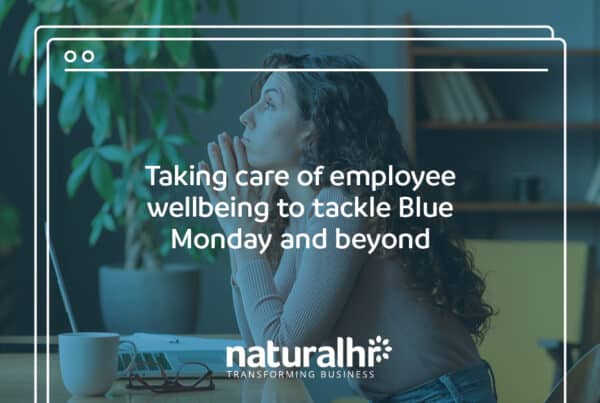
The World Health Organisation defines mental health as a “state of well-being in which the individual realises his or her own abilities, can cope with the normal stresses of life, can work productively and fruitfully, and is able to make a contribution to his or her community”.
One in four people will experience a mental health problem of some kind each year in England. The extra challenges and novel situations that the coronavirus pandemic has created have, for some, caused significant deterioration in mental health.
A study by the mental health charity, Mind, found that more than half of adults (60%) and over two thirds of young people (68%) have said their mental health got worse during lockdown.
Mental illness costs businesses in the UK approximately £35 billion each year. This equates to:
– £10.6 billion lost to sickness absence
– £21.2 billion in reduced productivity
– £3.1 billion in substituting employees who vacate their roles due to mental illness.
As we continue to learn to recognise and care for our own mental health, the rise of mental health first aid training has become a key conversation point for HR and wider business leaders.
Similar to the trained first aiders many workplaces have, mental health first aiders are trained to spot the signs of any mental health issues, have an in-depth understanding of mental health and wellbeing and have the knowledge and skills to offer support to colleagues that may be struggling.
Defined by St John Ambulance, a mental health first aider “supports employees in the workplace who are experiencing mental ill-health or distress. This support can vary from having a non-judgmental conversation with a colleague, through to guiding them towards the right support.”
While there is no legislation that requires employers to have a mental health first aider, they are urged to treat mental health in the same way employers treat physical health. Whether you have mental health first aiders or not, employers should take steps to consider employees’ mental health to provide a safe working environment.
Helen Pericleous is the Director of PsycHR, an HR consultancy & training provider that specialises in mental health, delivering workshops to employees, managers, senior managers and HR professionals. She shared a key consideration when developing your mental health strategy and deciding whether you need a mental health first aider: “Would your employees really go to Sue on Reception or Tim the 4th floor IT team leader to talk about their mental health if they are the dedicated mental health first aiders? It’s quite unlikely. Instead, they would be more likely to speak to their manager, a colleague or work friend, or expect them to spot the signs.”
Whether among peers, family or colleagues; broaching the topic of mental health and starting a conversation about how we’re feeling is challenging – more so at work. We can feel anxious, worried and concerned what people will think if we share our own mental health challenges. Will they think we’re not ‘up’ to the job? Will they think we’re not working hard enough?
Making the decision to train employees to be mental health first aiders is crucial step in supporting your employees’ health and wellbeing. And yet, they should not exist in isolation as a token gesture to supporting mental health in your workplace.
Mental health first aiders should be part of the foundation of your mental health and wellbeing initiatives. But they should be coupled with wider business awareness training, guidance, support networks and services; mental health should be a companywide discussion and something that all of your employees should be aware of.
Managers and team leaders should ideally be trained in mental health awareness, how to spot burnout and the signs of any mental health issues and how to provide support to someone experiencing mental ill health.
Helen shares this sentiment: “To truly make a difference or change to mental health in your workplace, it needs to be approached from the ground-up, not just surface-level training.”
While we all acknowledge the importance of good mental health, the business case for any mental health intervention is still caught up in statistics and the return on investment.
A 2020 study by Deloitte found that the ROI for mental health initiatives is a remarkable 5:1. For every £1 spent on mental health initiatives, employers stand to gain a £5 return in terms of reduced absence, presenteeism and less staff turnover.
Helen delves into the detail: “We have carried out talks extensively on mental health and the ROI, and there is plenty of research which shows the cost of mental health on presenteeism, leaveism, absenteeism and turnover. And so, to really affect those numbers and improve your bottom line, you should invest in more practical manager training, awareness for all, and cultural change on mental health for the workplace.”






